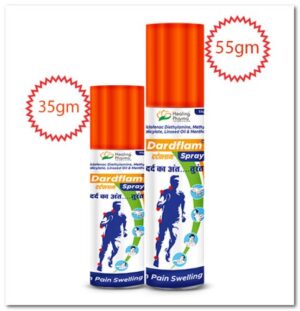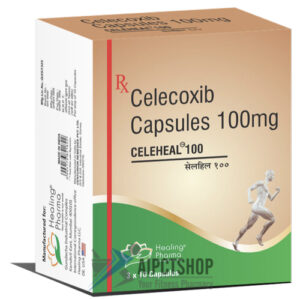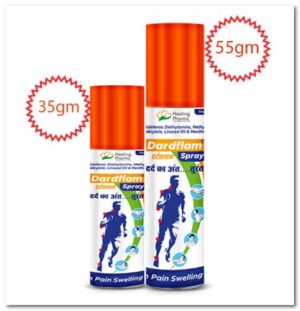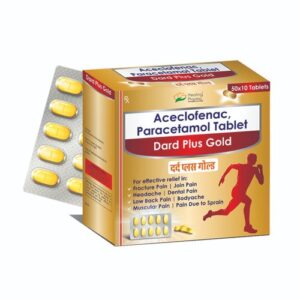What is this drug used for?
• It is used to treat a precancerous skin problem called actinic keratosis.
• It is used to ease pain.
• It is used to treat arthritis.
Frequently reported side effects of this drug
• Skin irritation
Other side effects of this drug: Talk with your doctor right away if you have any of these signs of:
• Abdominal ulcers like severe abdominal or back pain; black, tarry, or bloody stools; vomiting blood or vomit that looks like coffee grounds; or weight gain or abnormal swelling.
• Bleeding like vomiting blood or vomit that looks like coffee grounds; coughing up blood; blood in the urine; black, red, or tarry stools; bleeding from the gums; abnormal vaginal bleeding; bruises without a reason or that get bigger; or any severe or persistent bleeding.
• Severe cerebrovascular disease like change in strength on one side is greater than the other, difficulty speaking or thinking, change in balance, or vision changes.
• Kidney problems like unable to pass urine, blood in the urine, change in amount of urine passed, or weight gain.
• Liver problems like dark urine, fatigue, lack of appetite, nausea, abdominal pain, light-colored stools, vomiting, or yellow skin.
• High potassium like abnormal heartbeat, confusion, dizziness, passing out, weakness, shortness of breath, numbness or tingling feeling.
• Stevens-Johnson syndrome/toxic epidermal necrolysis like red, swollen, blistered, or peeling skin (with or without fever); red or irritated eyes; or sores in mouth, throat, nose, or eyes.
• Burning or numbness feeling
• Chest pain
• Shortness of breath
• Fast heartbeat
• Severe abdominal pain
• Severe back pain
• Excessive weight gain
• Swelling of arms or legs
• Severe dizziness
• Passing out
• Severe headache
• Vision changes
• Flu-like symptoms
• Severe loss of strength and energy
• Signs of a significant reaction like wheezing; chest tightness; fever; itching; bad cough; blue skin color; seizures; or swelling of face, lips, tongue, or throat.
Note: This is not a comprehensive list of all side effects. Talk to your doctor if you have questions.
Medication Safety Issues
Sound-alike/look-alike issues:
Diclofenac may be confused with Diflucan.
Voltaren may be confused with traMADol, Ultram, Verelan.
Product Availability
Solaraze gel has been discontinued in the United States for >1 year.
Voltaren Arthritis Pain OTC 1% Gel: FDA approved February 2020; availability anticipated in Spring 2020.
Storage and Stability
Gel: Store between 20°C to 25°C (68°F to 77°F); do not freeze. Protect from heat. Avoid freezing.
Voltaren Emulgel [Canadian product]: Store at 15°C to 30°C (59°F to 86°F).
Solution: Store between 20°C to 25°C (68°F to 77°F); excursions are permitted between 15°C and 30°C (59°F and 86°F).
Patch: Store between 20°C to 25°C (68°F to 77°F); excursions are permitted between 15°C and 30°C (59°F and 86°F). Keep envelope sealed when not being used.
Adverse Reactions
Topical gel:
Cardiovascular: Chest pain, hypertension
Central nervous system: Headache, hyperesthesia, migraine, pain, paresthesia
Dermatologic: Acne vulgaris (application site), alopecia (application site), application site pain, application site rash, contact dermatitis, dermal ulcer, desquamation (application site), pruritus, skin photosensitivity (application site), skin rash, vesiculobullous dermatitis (application site), xeroderma
Endocrine & metabolic: Application site edema, hypercholesterolemia, hyperglycemia
Gastrointestinal: Abdominal pain, diarrhea, dyspepsia
Genitourinary: Hematuria
Hepatic: Increased liver enzymes, increased serum alanine aminotransferase, increased serum aspartate aminotransferase, increased serum transaminases
Neuromuscular and skeletal: Arthralgia, arthropathy, asthenia, back pain, hypokinesia, increased creatine phosphokinase in blood specimen, myalgia, neck pain
Ophthalmic: Conjunctivitis, eye pain
Respiratory: Asthma, dyspnea, flu-like symptoms, pneumonia, sinusitis
Miscellaneous: Accidental injury
Rare but important or life-threatening: Application site irritation, application site reaction (skin carcinoma, hypertonia, skin hypertrophy lacrimation disorder, maculopapular rash, purpuric rash, vasodilation), edema, hepatic failure, hepatic necrosis, hepatitis (fulfillment; with and without jaundice), hepatotoxicity, jaundice, papule (application site), paresthesia, seborrhea, skin blister (application site), skin hypertrophy, urticaria
–







